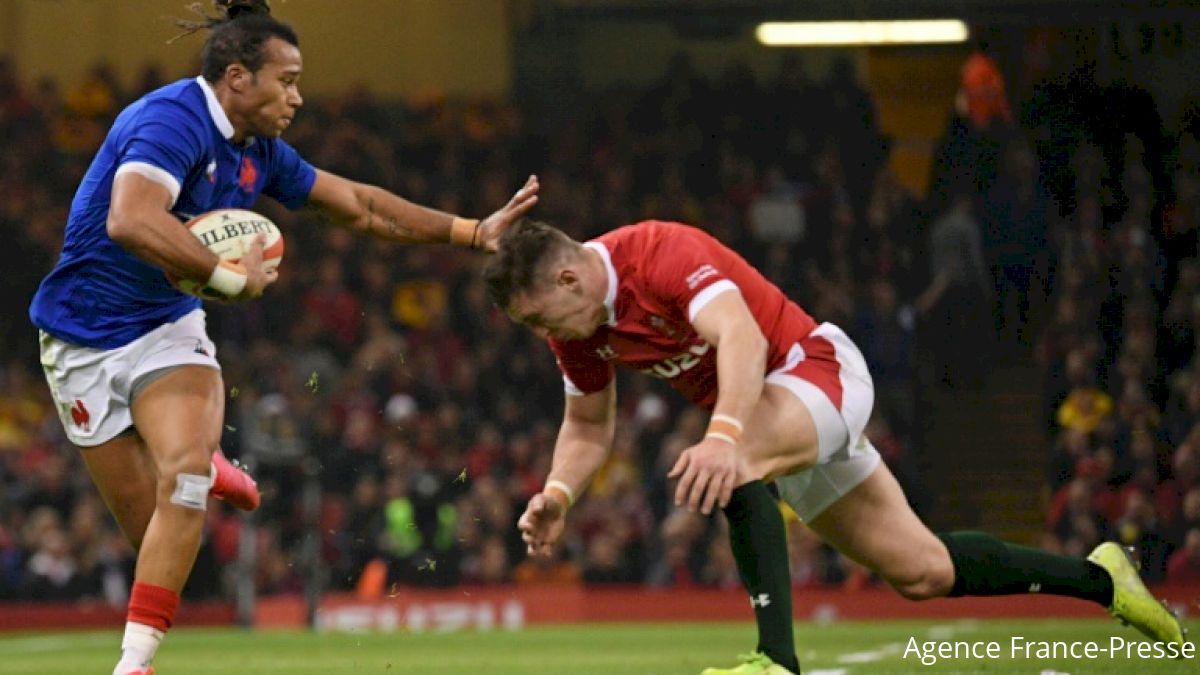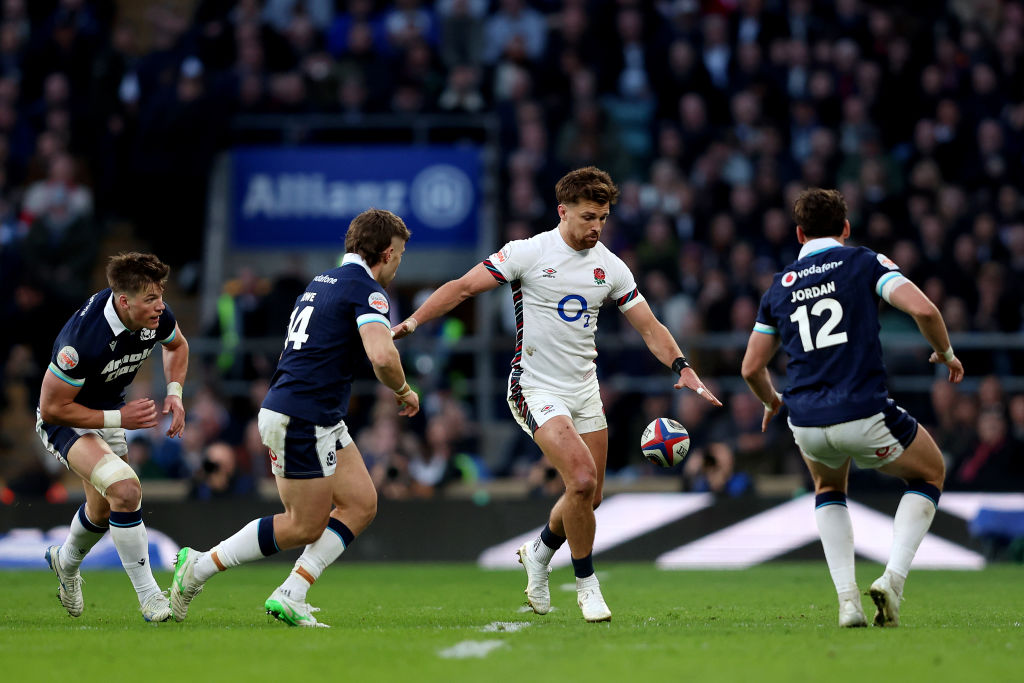Alright, so the other day, I got curious about how long rugby games actually are. My sister’s kid started playing, and I wanted to pop over to see a match, but you know how weekends are – you’ve got to plan things out, otherwise the whole day just disappears. I figured, “How long can it be? An hour and a half, maybe?” Well, I decided to do a little digging, just to be sure.

My first stop was, you know, the usual quick search online. And the number that popped up everywhere for Rugby Union – which seems to be the main one people talk about – was 80 minutes. “Great,” I thought, “that’s pretty standard, like a soccer game.” Simple enough, right? Well, not quite.
Breaking Down That 80 Minutes
So, I started looking a bit closer. That 80 minutes isn’t just one long slog. It’s split into two halves, 40 minutes each. Okay, that makes sense. Most sports do that. And then, of course, there’s halftime. That adds another 10 to 15 minutes. So, we’re already looking at about 90-95 minutes, just for the game and the main break.
But then I remembered watching bits of games on TV, and they always seemed to drag on a bit longer than that. So, what else was I missing? Stoppages! That’s the kicker. The clock in rugby doesn’t always stop like it does in some other sports, say American football, where it feels like it stops every ten seconds. However, it does stop for certain things:
- Injuries: If a player is down and needs attention, the clock will usually pause. And let me tell you, I’ve seen some long injury breaks.
- Referee Consultations: You know, when the ref goes over to talk to the touch judges, or worse, the TMO – that’s the Television Match Official, the video ref. Those can take a fair bit of time while they replay things from every conceivable angle.
- Water breaks: In really hot weather, they sometimes have these too.
So, while the actual playing time is meant to be 80 minutes, the real-world time it takes from whistle to whistle can easily stretch. I’d say you’re looking at closer to 1 hour and 40 minutes to 2 hours for the actual match to conclude, once you factor in all these little pauses and the halftime.
And then there’s the other type of rugby, Rugby League. I had a quick look into that too. Turns out, it’s also 80 minutes, split into two 40-minute halves with a halftime break, pretty similar in that regard. The clock stoppages might be a bit different in practice, but the core time is the same.

Beyond the Whistle
Now, if you’re actually going to a game, that 80 minutes (or the nearly two hours it actually takes to play) is just part of the experience. You’ve got to get there, maybe watch the teams warm up, soak in the atmosphere, grab a pie. Then after the game, there’s the whole process of getting out of the stadium. So, an “80-minute” game can easily turn into a three or even four-hour affair from when you leave home to when you get back.
Even watching on TV, there’s usually pre-game chat, halftime analysis, and post-game interviews. Broadcasters love to fill the time.
So, what did I learn from my little bit of practical research? Well, the official answer is 80 minutes. But in reality, if you’re setting aside time to watch a rugby game, especially Rugby Union, you should probably budget for a good two hours if you’re watching on TV, and maybe more if you’re going to the grounds. It’s not a quick in-and-out thing, that’s for sure. Now I know for when I go see my nephew play – I’ll pack some extra patience, and maybe a bigger flask of coffee.
















